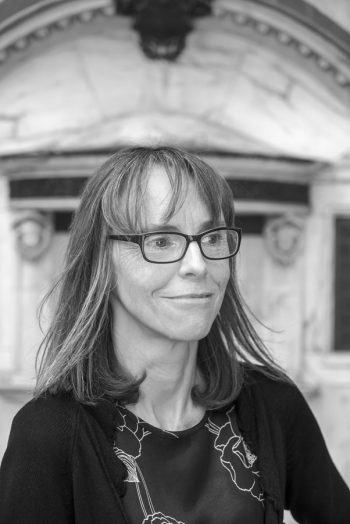Catey Bunce
1.How did you get interested in statistics?
I liked maths at school but have to admit to finding statistics a challenge when I first came across it at secondary school. It was only when I saw statistics being used in the context of medical research (first at medical school and then in the third year at university) that my interest was really ignited.
2. Describe your career path so far.
It was a slow process because I didn’t know that biostatistics existed. I liked data and I liked data that was related to health. I wanted a career that would help others. I thought I wanted to be a doctor but realised at medical school that that wasn’t quite what I wanted to do. I left, worked for a while, went to university to do computing, changed at year one to maths and computing, then changed again to computing, operational research and statistics. I then worked as a research assistant at the Western Ophthalmic hospital on a project funded by Guide Dogs and whilst doing that I chose to do a part time MSc in medical statistics at the London School of Hygiene & Tropical Medicine. I then worked for a long time at Moorfields Eye Hospital – as medical statistician, then senior medical statistician and finally principal medical statistician – initially a university post which then became an NHS post. I moved to King’s in 2016 as a Reader in Medical Statistics to work under Professor Janet Peacock a key founder of the NIHR Statistics Group. I returned to the NHS in December 2020.
3. What have been your career highlights?
Becoming a medical statistician at Moorfields Eye Hospital was a dream coming true as was being appointed a Reader in Medical Statistics at King’s. Re-joining the NHS in 2020 – an organisation with a clear primary focus on helping those in need, is another.
4. What challenges have you faced?
A lack of understanding of the value of applied medical statistics and the skills that we need in order to do our jobs well.
5. What type of skills you use in your job?
Clearly mathematical skills but also communication, logical thinking and pragmatism.
6. What do you do in a typical week?
I help researchers design their studies. I write and review statistical analysis plans for studies. I review standard operating procedures. I teach statistical concepts to non statisticians and teach more advanced statistical techniques to junior statisticians with our team. I write and review research papers.
7. What do you find most interesting or motivating about your job?
The thing that I find most motivating is knowing that the work I am doing will translate into benefit for those in need in some way.
8. Who has influenced you most up to now?
Different people at different times in my life.
9. If you could change one thing in the world of health research, what would it be?
I would like to see patients placed first always.
10. What advice would you give to someone considering statistics as a career?
Do it if it makes you happy.

